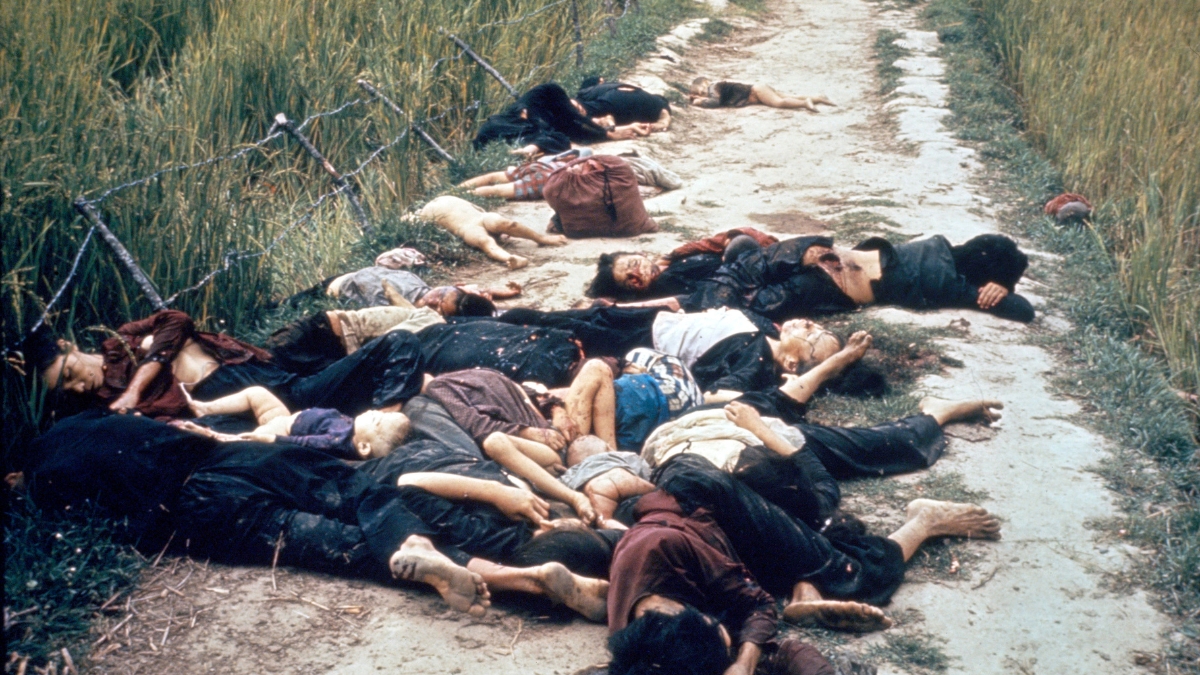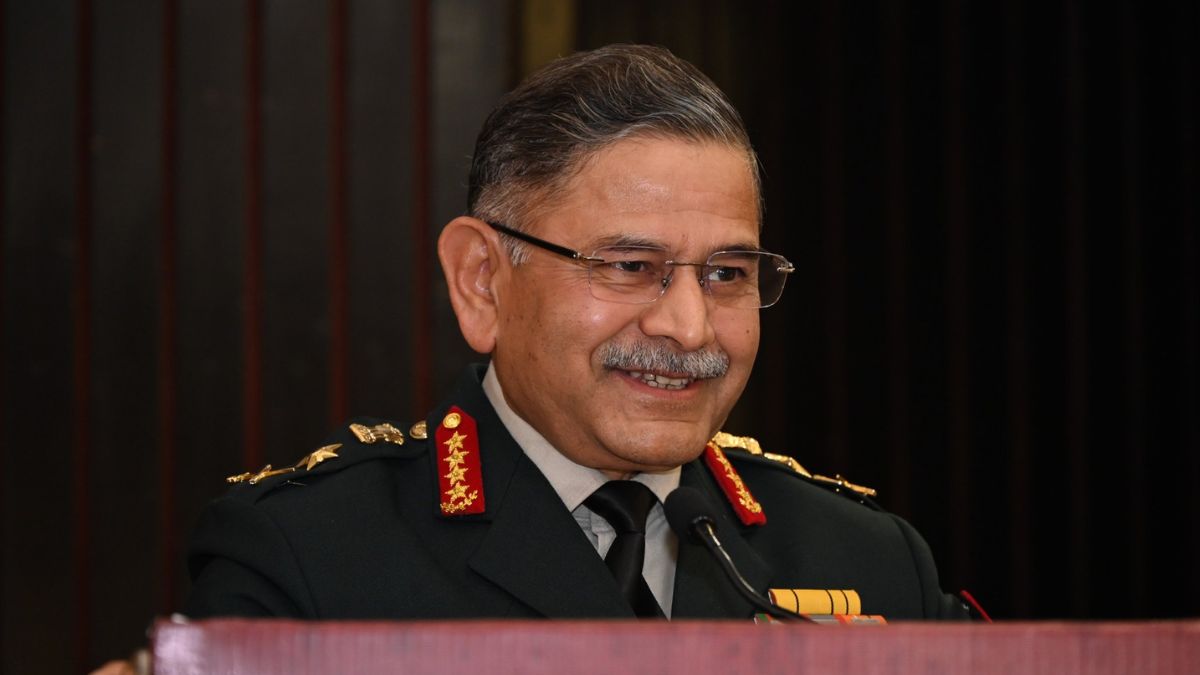Global Outcry Over Systemic Torture: UN Reports Brutal Abuses In Myanmar, Warns Israel And Russia On Sexual Violence

The UN has called out Myanmar, Israel, and Russia for wartime atrocities including electric shocks, strangulations, gang rape, and burning of sexual organs. Image courtesy: Representative picture via Wikimedia Commons
The United Nations (UN) has sounded a grim alarm on the escalating pattern of sexual violence and torture in armed conflicts, with Myanmar, Israel, and Russia coming under sharp scrutiny in recent reports.
The revelations paint a disturbing picture of systemic abuse in detention facilities, battlefield atrocities, and the absence of accountability for perpetrators.
What did the UN probe on Myanmar human rights abuses find?
A UN-backed investigation, led by Nicholas Koumjian of the Independent Investigative Mechanism on Myanmar (IIMM), has uncovered extensive evidence of “systemic torture” in Myanmar’s detention centres.
Covering the period from July 2024 to June 2025, the annual report details harrowing methods of abuse, including electric shocks, strangulations, gang rape, burning of sexual organs, and other acts of sexual violence.
These abuses have been attributed to security forces, affiliated militias, and even opposition armed groups. Perpetrators have allegedly summarily executed captured combatants and civilians accused of being informers.
Eyewitness accounts and digital evidence have been central to the investigation, with Koumjian emphasising that the brutality and frequency of such crimes have intensified over the past year.
What is the IIMM’s mandate under the UN probe?
Myanmar’s political and humanitarian crisis began after the military coup in February 2021, when the army overthrew Aung San Suu Kyi’s elected government. Peaceful protests were crushed with lethal force, pushing opposition movements to take up arms. Today, large parts of the country remain engulfed in civil conflict.
The report also notes new investigations into atrocities in Rakhine State, where the military and the Arakan Army are battling for control. Rakhine has long been a flashpoint, particularly following the 2017 Rohingya exodus, when over 700,000 fled to Bangladesh to escape persecution. Another 70,000 people crossed into Bangladesh last year amid renewed fighting.
The IIMM’s mandate is to collect and preserve evidence for future prosecutions at bodies such as the International Criminal Court (ICC) and the International Court of Justice (ICJ). Koumjian stressed that his team is working toward a day when perpetrators are held accountable in a court of law.
Why did the UN chief issue a stern warning to Israel, Russia?
In a separate report to the UN Security Council, Secretary-General Antonio Guterres issued an unprecedented warning to Israel and Russia over credible patterns of sexual violence by their armed and security forces. He cautioned that both could be formally listed next year among parties suspected of systematic sexual violence in armed conflict.
For Israel, Guterres expressed grave concern over documented abuses against Palestinians in prisons, detention centres, and a military base. Reported violations included genital violence, prolonged forced nudity, and repeated strip searches conducted in abusive and degrading ways.
Although Israeli authorities engaged with the UN special envoy on sexual violence in conflict, Guterres noted a lack of transparency regarding accountability measures. Israel’s UN Ambassador Danny Danon dismissed the claims as baseless, accusing the UN of diverting focus from Hamas’s crimes.
Hamas, whose October 7, 2023, attack on Israel triggered the ongoing Gaza war, was listed in the UN report as credibly suspected of sexual violence during the conflict. Hamas officials rejected the allegations, calling them a distraction from Israel’s “brutal crimes” in Gaza.
In the case of Russia, Guterres cited credible evidence of abuses primarily against Ukrainian prisoners of war in at least 72 detention facilities across Ukraine and Russia. Documented acts included electrocution, genital beatings, burns, forced stripping, and prolonged nudity aimed at humiliation and extracting confessions. Unlike Israel, Russia has not engaged with the UN envoy on the matter.
How do these wars pose a broader accountability crisis?
The simultaneous focus on Myanmar, Israel, and Russia underscores a disturbing global trend: sexual violence and torture are being deployed as tools of war, repression, and political control. While the UN reports signal a step toward documentation and eventual justice, the lack of immediate accountability continues to embolden perpetrators.
The credibility of international justice mechanisms will hinge on whether the evidence gathered translates into real-world prosecutions. Until then, victims in Myanmar’s detention cells, Gaza’s conflict zones, and Ukraine’s prison camps remain at the mercy of armed actors who operate with near impunity.
This convergence of crises is a stark reminder that sexual violence in conflict is not an isolated phenomenon but a systematic strategy of war — one that demands urgent, coordinated, and uncompromising global action.







